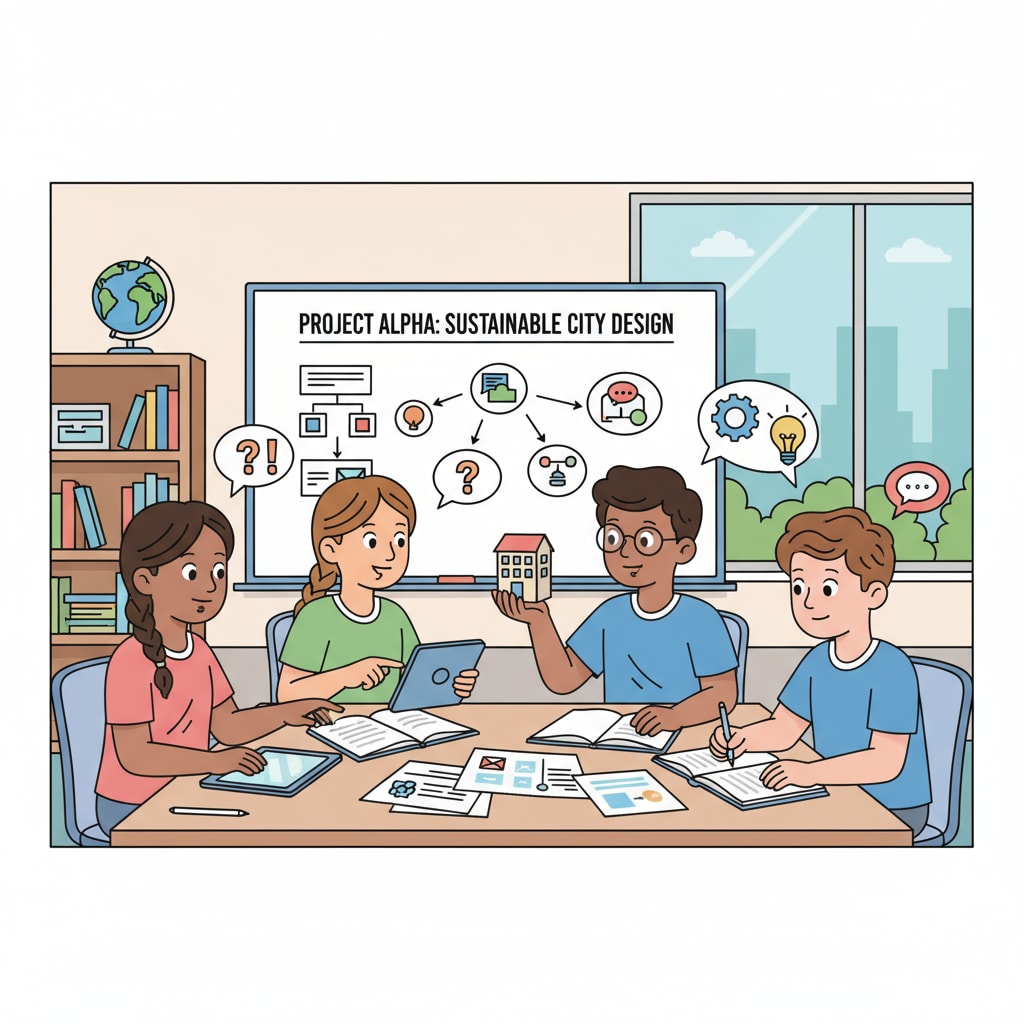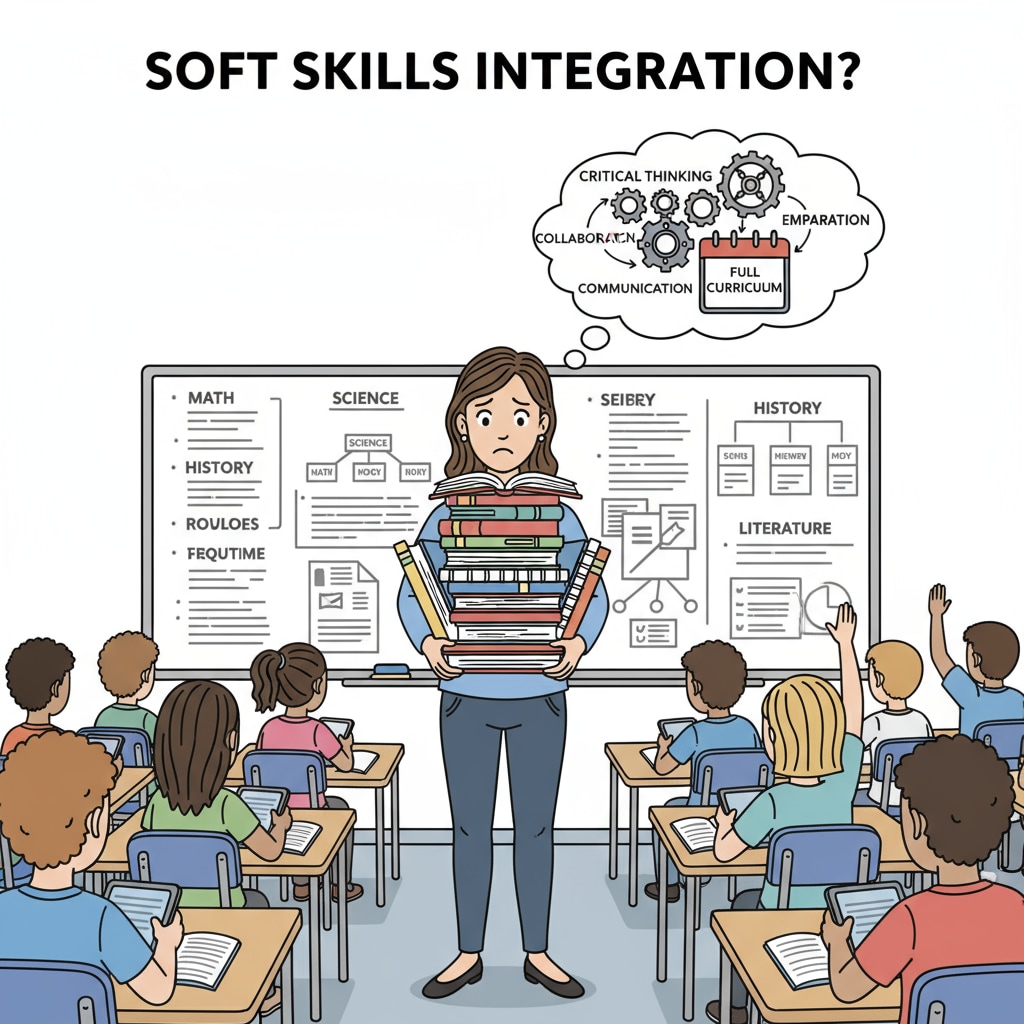In the realm of contemporary secondary education, the spotlight has long been fixed on standardized test scores, often overshadowing the vital importance of soft skills development. Soft skills, which encompass critical thinking, teamwork, communication, and adaptability, play a pivotal role in a student’s overall growth and success. This article aims to shed light on the necessity of cultivating these skills in secondary schools, explore the challenges faced by the current education system, and propose practical strategies to bridge the gap between academic knowledge and soft skill development.

The Importance of Soft Skills in Secondary Education
Soft skills are not just nice-to-have attributes; they are essential for students to thrive in today’s complex and dynamic world. Critical thinking, for instance, enables students to analyze information, question assumptions, and make informed decisions. It equips them with the ability to solve problems creatively and adapt to new situations. Teamwork, on the other hand, fosters cooperation, communication, and mutual support among students. It helps them develop social skills, learn from their peers, and work towards common goals. These skills are not only valuable in the academic setting but also in future careers and personal relationships.
Critical Thinking on Wikipedia
Challenges in Implementing Soft Skills Training
Despite the recognized importance of soft skills, implementing effective training programs in secondary schools faces several challenges. One of the primary obstacles is the heavy focus on standardized testing. The pressure to prepare students for these exams often leaves little time for educators to incorporate soft skills development into the curriculum. Additionally, there is a lack of clear guidelines and resources for teaching soft skills. Many teachers may not have the necessary training or expertise to effectively deliver these programs. Moreover, measuring the success of soft skills training can be challenging, as these skills are often intangible and difficult to quantify.

Another challenge is the traditional teaching methods that prevail in many secondary schools. Lectures and rote memorization are still the dominant teaching styles, which do not actively engage students in developing soft skills. These methods focus more on the transmission of knowledge rather than the cultivation of critical thinking and teamwork. To overcome these challenges, a shift in teaching philosophy and approach is necessary.
In conclusion, the cultivation of soft skills in secondary education is of utmost importance. By recognizing the significance of these skills, addressing the challenges, and implementing effective strategies, we can empower students with the tools they need to succeed in the 21st century. It is time to move beyond the narrow focus on standardized test scores and embrace a more holistic approach to education that nurtures both academic knowledge and soft skills.
Readability guidance: The article uses short paragraphs and lists to summarize key points. Each H2 section provides a clear focus. The proportion of passive voice and long sentences is controlled, and transition words are used throughout to enhance flow and readability.


